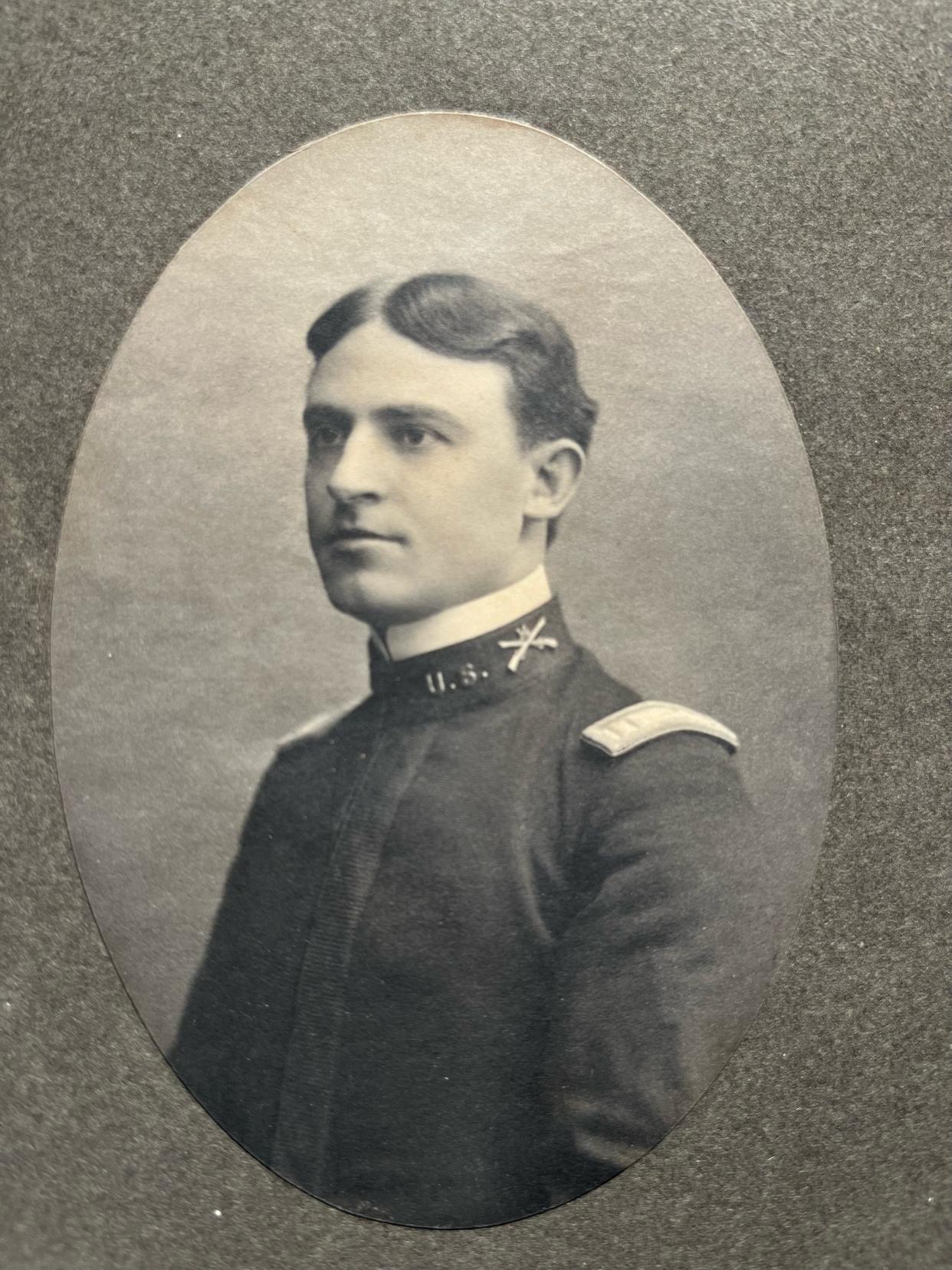Veterans column: Perry Miles buries dead Spanish soldiers in Manila, prevents looting

In August 1898, 1st Lt. Perry Miles was with the 14th Infantry just outside of Manila, where 13,000 Spanish soldiers were entrenched. However, the Spanish weren’t the only problem that the Americans were facing.
Miles wrote in his memoir, “Fallen Leaves: Memories of an Old Soldier”:
“The rainy season in this section of the islands had by this time settled down to a well-prolonged downpour. We lived under our ponchos and our campaign hats became saturated with the water trickling down our faces from the leaks between brims and crowns. I had never expected to be cold in the tropics, but after being rained on all day and well into the night, I was glad to get under one of the shacks in our line for the comparative comfort and warmth I would receive there in a respite from the constant pelting of the rain.”
Veterans column: Perry Miles protects Camp Dewey from the Spanish; captain bans smoking
On Aug. 14, the order to advance to Manila was given to the American troops outside the city. The attack began about 11 a.m. As Miles and his men advanced through the rice paddies he wrote, “We were halted a number of times and heard artillery and rifle fire but nothing like the continuous roar to be expected in a battle where several thousands of troops on each side were engaged.”
As the Americans entered the city the Spanish surrendered. Miles and his company were assigned to patrol the Hermita District of Manila to prevent looting. Upon their arrival, they discovered many of the nicer homes were already looted.
“There was no more looting that night,” Miles wrote, “What little sleep I got that night was on the street with my head on the curb.
“The next morning my company was sent to Fort Antonio Abad, to bury any Spanish dead if found there and to clean up and thoroughly police the fort and immediate surroundings. The place was a mess, swarms of flies testifying to their uncontested control and possession of the place; scraps of polluted food scattered about no longer needed by the two Spanish cadavers in uniform lying as they fell, abandoned by their comrades. I appointed a detail to bury the dead at a designated place a short distance from the fort. In looking for a suitable place, I found another dead Spanish soldier, a victim of our artillery fire. He was lying on his back. When I turned him over to see where his fatal wound was, I was confronted by a gruesome sight. Since that time, I have seen other ghastly scenes on the battlefield, but this Spanish soldier with the whole back of his head gone gave me such a shock of horror, that it has always remained with me as my most vivid recollection of that day. Because it was the first of such grisly sights in my life, it seems to have been the most impressive one.
Veterans column: Perry Miles witnesses Spanish fleet's destruction at Manila Bay
“Fortunately, we got most of the filth and littered food particles policed before noon so that we could stomach our midday meal, but we had a continuous, and I am afraid, a losing fight against the densest and most voracious swarm of flies that I have ever encountered. The indications were that probably small garrisons which had occupied the fort since the withdrawal of the Spaniards within the blockhouse line had paid little attention to sanitary measures. Such accumulations of filth and masses of flies that thrive in environments like this could not be accounted for otherwise. By plentiful use of water from the old well and by manful labor from all available men in the company we finished the policing by evening and marched back to the barracks.”
You are invited to visit the Downtown Newark location of the Licking County Library to view the May Collective exhibit. On display are the names of the 1,098 men and women who lived, died or were buried in Licking County while they were serving their country.
Doug Stout is the Licking County Library local history coordinator. You may contact him at 740.349.5571 or dstout@lickingcountylibrary.org.
This article originally appeared on The Columbus Dispatch: Veterans column: Perry Miles assigned to bury Spanish dead at Manila

